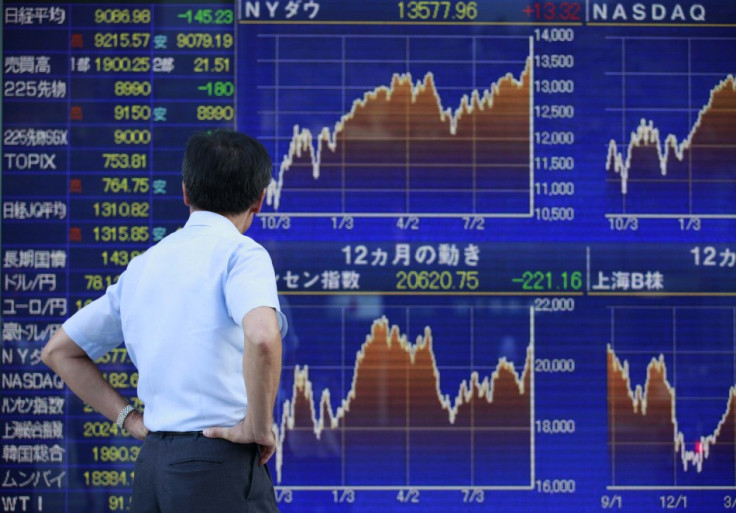Asian Markets Weekly Roundup: US Optimism Offsets Eurozone Concerns

Most Asian markets advanced in the week as improved US economic indicators reinforced recovery hopes and helped to offset concerns on Cyprus bailout and Italian political deadlock.
Japan's Nikkei average index gained 0.5 percent while South Korea's KOSPI was up 2.9 percent. Australia's S&P/ASX 200 remained little changed.
China's Shanghai Composite Index fell 3.9 percent. Hong Kong's Hang Seng was up 0.8 percent.
Markets began the week on a robust note after Cyprus managed to clinch a deal with its international lenders that ensured the €10bn bailout fund without hurting small investors. The development helped the single currency and eased concerns of a meltdown in the island nation's financial system.
But the upbeat sentiments did not last long as the deal's condition to tax large depositors brought in fresh speculation that it may become a blueprint for future bailouts. Concerns mounted after the Dutch Finance Minister Jeroen Dijsselbloem, who also heads the eurozone finance ministers' group, indicated that the Cyprus deal could be used as a template for other economies.
Dijsselbloem's comments, which appeared like an open invitation to large investors in crisis-stricken European countries to withdraw their deposits, dampened global market sentiments. This prompted Dijsselbloem to withdraw his comments, suggesting that the conditions on the Cyprus bailout were unique to its circumstances. In an attempt to further calm the nerves, Spanish Finance Minister Luis De Guindos reiterated a similar stand.
Just as the dust seemed to settle on the Cyprus crisis, Italian political concerns rebounded. After the recent elections that triggered scattered results, the country's political parties have been struggling to form a government. But this seemed increasingly impossible as the centre-left leader Pier Luigi Bersani failed to win the necessary backing from political parties.
This gave rise to concerns that Italy may see another election this year.
US Recovery Optimism
As Europe remained muddled in political and economic gridlocks, conditions on the other side of the Atlantic continued to improve. The US economic indicators released during the week showed that the country's durable goods orders rose sharply in February, while single-home family home prices improved.
However, consumer confidence remained lacklustre in March. The weekly jobless claims also rose more than expected, but not enough to raise concerns on the labour market.
Moreover, revised data showed that the US Gross Domestic Product (GDP) rose 0.4 percent in the fourth-quarter, more than the government's initial estimates.
Japanese Economic Conditions
Stimulus hopes and the yen's movement remained in focus in Japan. Bank of Japan's newly appointed governor Haruhiko Kuroda this week indicated that the central bank may look to purchase longer-dated government bonds, in an attempt to accelerate efforts to meet the 2 percent inflation target.
But the yen remained volatile despite stimulus hopes, coming off the record lows it had touched earlier and firming 0.3 percent during the week.
Economic indicators released during the week continued to give a bleak picture of the financial conditions. Official data showed that factory output recorded a surprise fall in February while consumer prices continued to remain weak.
© Copyright IBTimes 2024. All rights reserved.





